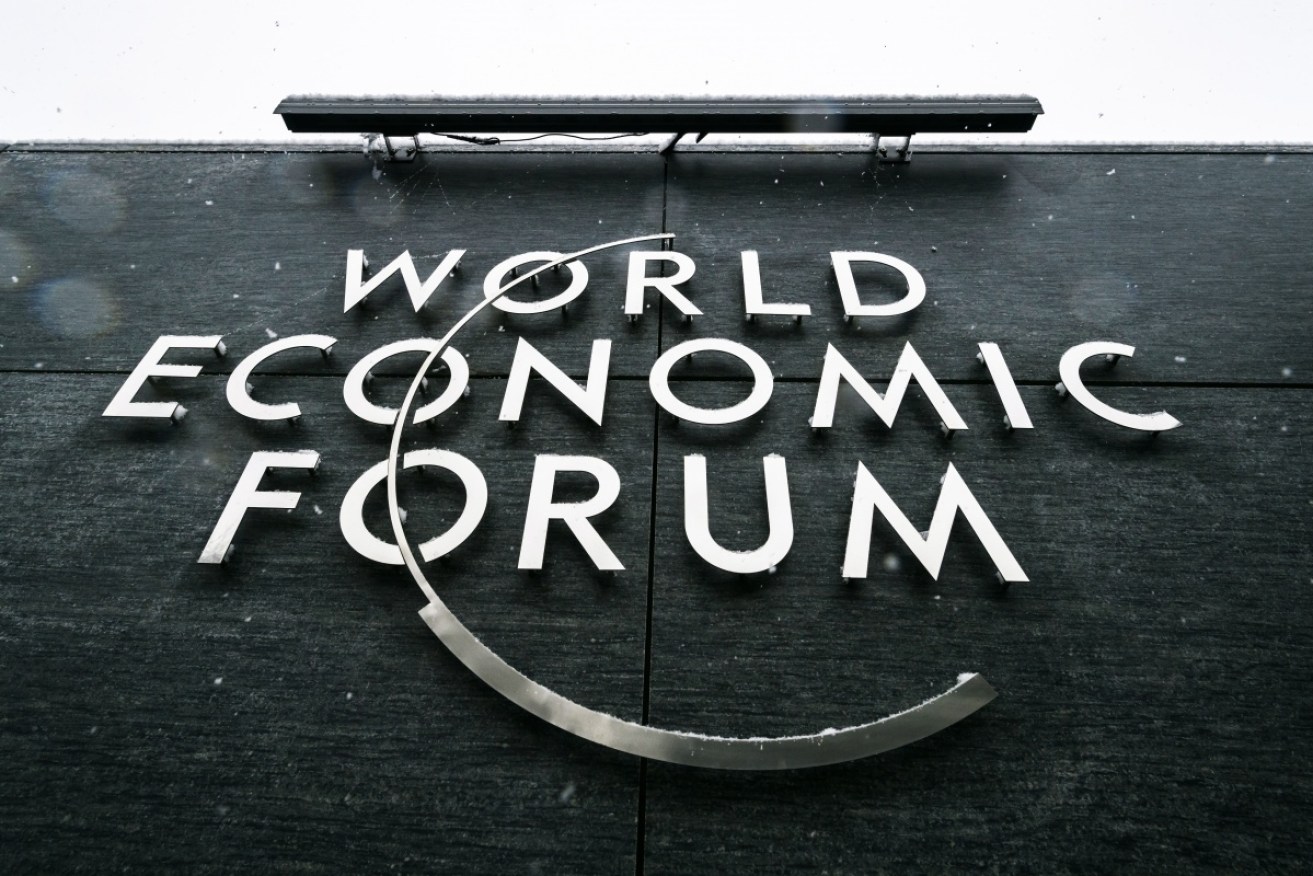Extraordinary call from global elite: ‘Capitalism must be reformed’

Photo: Getty
The World Economic Forum, voice of the global ruling class, has issued an extraordinary report slamming the shift of wealth to the “top 1 per cent” and calling for radical reform of capitalism – messages more befitting of a left-wing think tank.
The annual Global Risks report, published by the WEF on Thursday, lists five key hazards for the year ahead. Among them is “rising income and wealth disparity” and the challenge of “facing up to the importance of identity and community” – including gender, race, sexual orientation and environmental protection.
“More fundamental reforms to market capitalism may be needed to tackle, in particular, an apparent lack of solidarity between those at the top of national income and wealth distributions and those further down,” the report concluded.
The views are notable because the WEF is known for advocating the interests of the wealthy. It has been criticised for advancing the neoliberal policies of corporate tax cuts, free trade, the weakening of unions, deregulation of the financial sector and the privatisation of public services.

World Economic Forum founder Klaus Schwab wrote a preface to the report endorsing its contents. Photo: Getty
Its annual meeting in Davos, Switzerland, scheduled for January 17-20, will be attended by the global elite, many of whom are censured in the report: CEOs, bankers, heads of state, finance ministers, central bankers, and the heads of the International Monetary Fund, World Trade Organization, the United Nations, OECD and Bank for International Settlements.
Even if world governments can manage to kickstart economic growth, sluggish almost everywhere since the global financial crisis, this will not be sufficient to calm the “popular disenchantment” exemplified by Brexit, Donald Trump and the defeat of the Italian referendum, the report concluded. No, the ruling class must consider a more radical solution: the rewriting of capitalism itself.
The WEF’s proposals for how to do this were vague. It urged “new economic systems and policy paradigms” that enable more people to benefit from skill-biased technological change; better public goods to address the ambitions of the growing middle class; and more responsive governance systems to empower individuals at the local level without sacrificing the many benefits of globalisation.
But the message was clear. The benefits of the global order must be redistributed to the less well-off, or they’ll vote in more Donald Trumps to wreck the joint.
Even Australia was singled out.
“Inequality had been falling consistently in the industrialised world since the beginning of the 20th century, but since the 1980s the share of income going to the top 1 per cent has increased in the United States, United Kingdom, Canada, Ireland and Australia.”
The Swiss-based non-profit also took a swing at the controversial topic of rising CEO pay, which has caused great consternation, here and abroad.
“Reasons [for worsening inequality] include skill-biased technological change – which increases the returns to education – combined with scale effects as markets became more interconnected, increasing global competition for talent.
“Among other things, this has led to an increase in CEO compensation as firms have become larger. Global communications have also driven up returns for individuals who can successfully cater to a global audience – what Sherwin Rosen described as ‘the economics of superstars’.”
For example, the report criticised world governments for failing to match the efforts of their central banks in kickstarting growth.
“In the wake of the financial crisis, economic policy-making has been predominantly monetary rather than fiscal. Unorthodox countercyclical policies such as quantitative easing – large-scale purchases of government bonds by central banks – have evolved into enduring features of economic policy frameworks.

The WEF report said the rise of Donald Trump is an example of “popular disenchantment” with capitalism. Photo: Getty
“And although evidence points to positive impacts on growth and employment, quantitative easing has also exacerbated income inequality by boosting returns enjoyed by the owners of financial assets, while workers’ real earnings have been growing very slowly.”
The WEF even warned of the distortive effects of low interest rates — a topic The New Daily has reported on extensively. However, it did not mention the impact on property prices.
“Sustained low interest rates can distort the financial mechanisms that underpin healthy economic activity: they make it unusually cheap for struggling companies to roll over their debts, inhibiting the process of reallocating resources from inefficient to more innovative parts of the economy.
“This in turn complicates the process of clearing the debt overhangs that in many countries remains an unresolved legacy of the pre-crisis boom, weighing on growth by diverting income towards debt servicing rather than fresh consumption or investment.”
The side effects of globalisation were mentioned, but the WEF saw technological change (especially automation) as a far more important cause of deteriorating job prospects.
“While innovation has historically created new kinds of jobs as well as destroying old kinds, this process may be slowing. It is no coincidence that challenges to social cohesion and policy-makers’ legitimacy are coinciding with a highly disruptive phase of technological change.”








